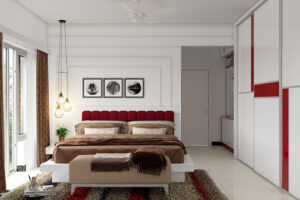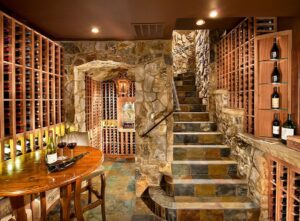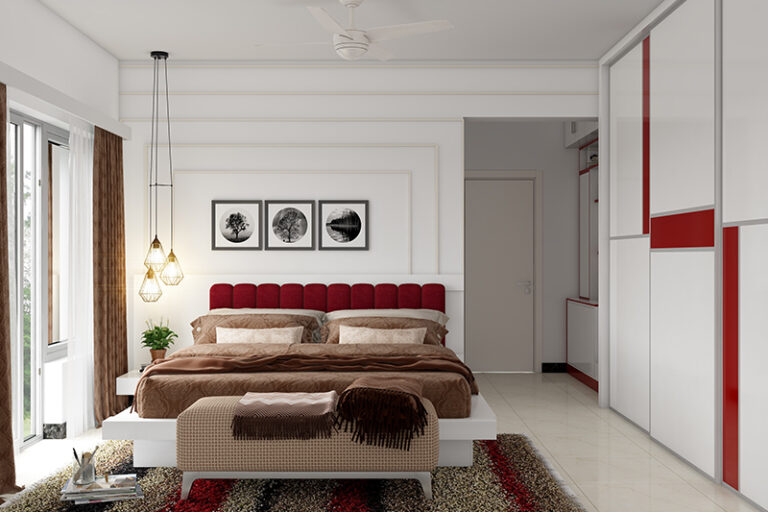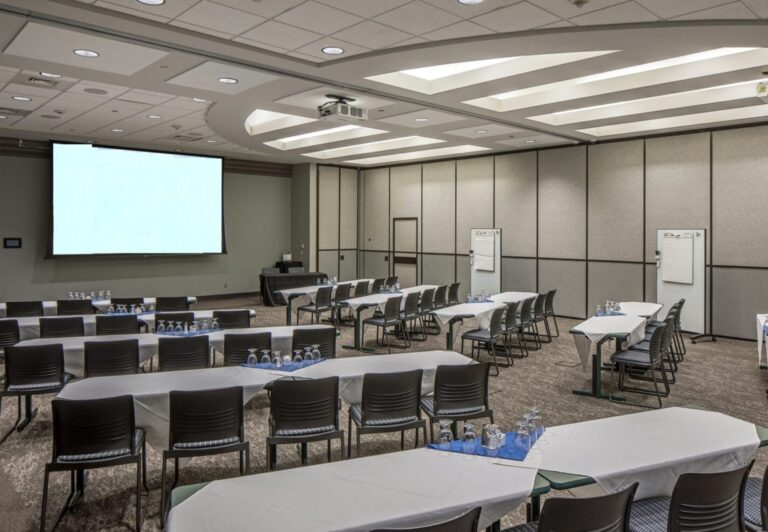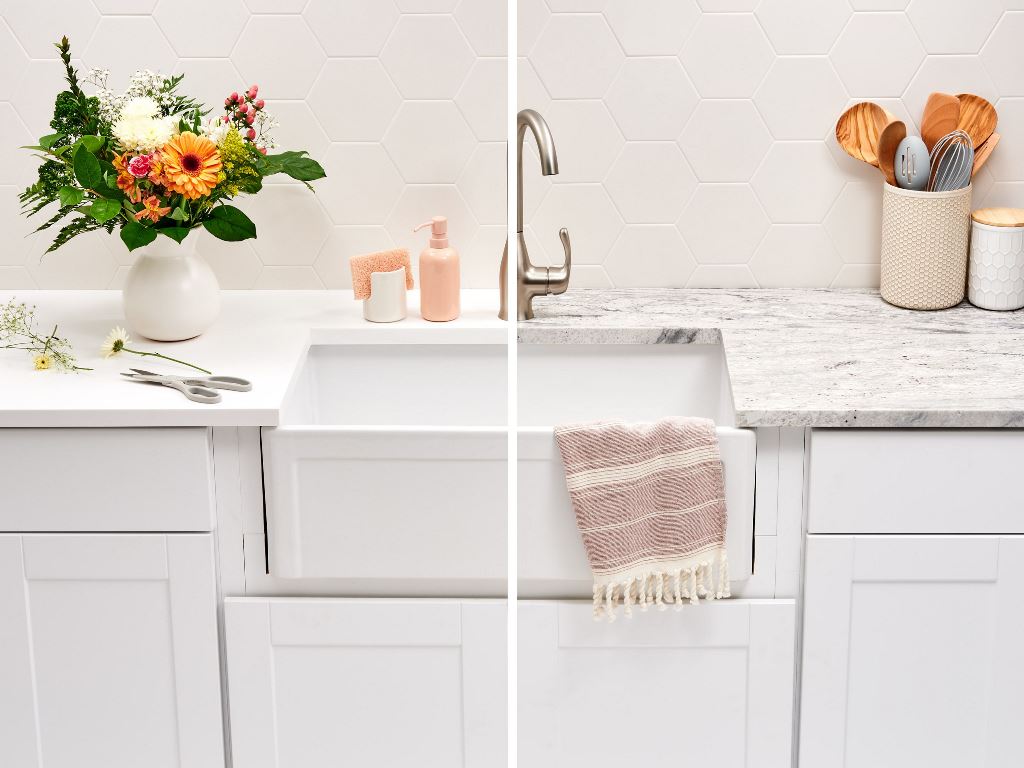
While granite is unlikely to go out of style, other countertop options include synthetic surfaces such as Corian, natural rocks such as marble, and engineered quartz such as Siltstone. Granite is a porous natural rock that is exceptionally hard and durable. Corian is a non-porous, homogeneous surface produced by DuPont that is stain resistant and comes in over 100 distinct colors.
This comparison compares the advantages and disadvantages of granite with Corian in terms of cost, durability, look, required maintenance, installation, and other factors.
Comparision
| Corian | Granite | |
| Durability | Durable | Durable |
| Resistant to acidic foods. | Yes | Mainly |
| Can be damaged by cleaning fluids | No | Yes, depending on the ingredients. Use mild dish soaps. |
| Cost | $ 70- $ 130 per square foot | $ 40 to $ 150 per square foot, including installation cost. Cost varies based on color and overall appearance. |
| Porous | No | Yes |
| Origin | Manufactured by DuPont | Natural rock under the surface of the earth. |
| Composition | Made from 1/3 acrylic polymer and 2/3 aluminum trihydrate | A combination of minerals, primarily feldspar, quartz, and mica. |
| Stable | No | Yes |
| Usable outdoors | Yes | Yes |
| Applications | Kitchen & Bathroom Countertops, Furniture, Home Decor, Lighting, Fake Walls, Artwork, Wall Coverings | Kitchen and bathroom countertops, monuments, rock climbing. |
| Heat-resistant | Yes, but it becomes flexible at 325 degrees Fahrenheit. | Yes |
| Introduction | Corian is the trade name for a solid surface material created by DuPont. It is composed of acrylic polymer and alumina trihydrate. Corian can be thermoformed by heating it to 300 ° F (150 ° C), allowing you to create unique shapes. | Granite is a common type of phaneritic-textured, granular, intrusive igneous rock. This rock consists mainly of quartz, mica, and feldspar. |
| Scratch-resistant | No, but scratches can be fixed with a scouring pad. | Mainly |
| Low maintenance | Yes | Yes, but clean up spills immediately and reseal once every two years. Lighter-colored granites, which are more porous, may require additional maintenance. |
| Colors | Available in 100 different colors. | Various – mainly variations of black, brown, white, and copper. |
| Hygienic (germ / bacteria / mold resistant) | Yes | Yes |
| Flexible | 325 degrees Fahrenheit | No |
| Available sizes | ¼ “, ½” and ¾ “tiles | Large slabs |
| Advantage | Cheaper, non-porous, stain-free, flexible, available in different colors, bacteria-free | Hard, durable, natural, elegant, easy to maintain. |
| Applications | Kitchen & Bathroom Countertops, Furniture, Home Decor, Lighting, Fake Walls, Artwork, Wall Coverings | Kitchen and bathroom countertops, monuments, rock climbing. |
Origin
The substance used in Corian was invented in the 1960s by DuPont, a corporation known for construction materials such as nylon. Corian is made up of a mix of high-grade acrylic and natural minerals. Corian is made by combining acrylic resin with aluminium trihydrate in a manufacturing process.
Granite is an igneous rock that formed when molten lava cools beneath the surface of the Earth. Quartz, biotite mica, feldspar, and amphibole are among the minerals found. The stone is extracted from the quarries as massive blocks of rock, which are then polished and cut into countertop blocks at a facility.
Properties
Corian is a non-porous material that may be custom-made to obtain a flawless appearance. Corian countertops are durable and easy to maintain since there are no gaps or corners in the material to catch liquid spills or debris. Furthermore, the cloth is stain-resistant and frequently easy to repair.
Although granite is a strong and durable rock, it is naturally porous, which means it can absorb spills and cause irreversible damage. Granite, on the other hand, is difficult to damage. Granite is porous than non-porous Corian, but not as porous as other natural materials like marble.
Durability
Granite is scratch-resistant to the point where food can be cut on it with a knife. Acidic meals and spills, on the other hand, are likely to discolor the stone if not cleansed promptly. The stone is also heat resistant, so if a hot pot or saucepan is placed directly over the oven, it will not crack. Granite may certainly chip and shatter with time and with long-term use, despite its natural stone durability. It can be quite costly to replace if this happens.
Minor nicks and scratches are common in Corian, however minor scratches can be cleaned with a scouring pad. The majority of Corian is heat resistant, although it is not resistant to temperatures beyond 325 degrees Fahrenheit, and prolonged exposure to high temperatures would likely produce discoloration. Pots and pans that are hot should never be placed directly on a Corian surface.
Appearance
Corian is a highly adaptable material that comes in over 100 hues and patterns, some of which are designed to look like real woods or stones. Corian becomes flexible when heated to 325 degrees Fahrenheit and may be carved, etched, and molded into a variety of shapes. Corian pieces can be cut and glued for a flawless finish and used in a variety of creative applications. Corian is a popular choice for residential and commercial applications since it can be combined with wood, glass, and stone. Corian is a wonderful choice for individuals who want to give their kitchens or offices a uniform and homogeneous look.
Granite comes in a variety of light and dark colors (e.g. creams, greys, greens, browns, and reds). Granite countertops all have different colors and mineral particles because it is a natural stone. Granite does not offer as many color options as materials like Corian and Siltstone, despite its uniqueness and wide spectrum of natural colors. Granite is still a good option for people who desire a one-of-a-kind aesthetic that no one other has.
Bacterial Resistance
Corian does not contain bacteria, making it an extremely sanitary surface; spills are also easy to clean up. As a result, Corian is a popular countertop material in kitchens, hospitals, and laboratories.
Despite claims that granite harbors microorganisms over time, at least one research from the Hospitality Institute of Technology and Management says otherwise. Granite was found to be the easiest surface to disinfect using simply soapy water, plain water, and vinegar, according to the study. It should be mentioned that vinegar should not be used on granite surfaces in general because it might cause permanent harm; nonetheless, it was disinfected in the study.
Maintenance
Soapy water or ammonia-based treatments can be used to clean Corian countertops. Countertops should be properly dried after cleaning to avoid hard water stains. Due to hard water stains, unmaintained countertops will become dull and discolored over time. Deep Cleaner for DuPont Corian can be used to remove stubborn stains.
Every day, wash the granite with soapy water. Cleaning solutions including vinegar, ammonia, or citric acids (e.g. lemon or lime) should be avoided because their acidity can damage the granite’s surface. Stains might form if spills are not cleaned up straight away. A hydrogen peroxide and baking soda mix can help remove some water stains, while water and baking soda can help remove oil stains. It is suggested that granite worktops be resealed at least once every two years to keep the stone stain resistant.
Applications
Countertops
In homes and businesses such as restaurants, hotels, and hospitals, Corian is used to build kitchen and bathroom countertops, as well as sinks. Corian is simple to clean, and with proper care, it will not support the formation of mold or mildew. It’s a wonderful choice for bar counters, tables, and solid surfaces in healthcare environments because of its smooth and non-porous features.
Granite is great for classic kitchen countertops because of its strength, heat resistance, and sanitary features, as well as its elegance. For the same reasons, granite is widely used in bathroom vanities. Granite backsplashes are becoming more popular in modern kitchens, while granite flooring are becoming more common in businesses.
Other Uses
Corian’s use isn’t limited to kitchen and bathroom counters. It can be used to produce interior and external furniture, lighting, flooring, and wall coverings in a variety of ways. Its non-porous nature makes it bacteria-resistant and perfect for all forms of décor in hospitals and laboratories. Images can be implanted into Corian surfaces and cut out to make a permanent artwork for indoor use using a newly devised process called dye-sublimation.
Granite has been employed in both ancient and modern times. Granite is used in the construction of the Giza pyramids, as well as other ancient Indian temples. Granite is a common choice for tombstones and memorials in public locations because of its durability to the elements.
Cost
The price of Corian per square foot ranges between $ 70 and $ 130. The cost of granite varies greatly depending on its appearance and color, but most granite costs between $ 40 and $ 150 per square foot. The cost of installing both materials varies a lot depending on where you live.
Corian or Granite: Which is Better?
Corian comes in a broad variety of shades. It’s easy to clean because of its pristine appearance and non-porous surface. For aesthetic appeal, it can be used with other materials. It costs less than granite and is easier to work with. The non-porous surface is hygienic and prevents germs from sticking to it. Small scratches on Corian surfaces can be fixed using a scouring pad. However, Corian is easily scratched and cannot tolerate high temperatures; hot pots and pans should not be placed directly on a Corian surface to avoid discoloration.
A natural stone like granite has a charm, elegance, and timeless appeal that few man-made materials can match. Granite countertops increase the market value of a home. Granite is a tough, scratch-resistant stone that can sustain high temperatures and does not discolor. Granite, on the other hand, is more expensive than Corian. Its porosity traps spills and stains the surface over time if not wiped immediately. It necessitates upkeep and is prone to breaking under the weight of heavy objects. Replacing or patching on a new piece can be costly, and as no two pieces of granite are equal, it is nearly impossible to match the original piece’s appearance.
